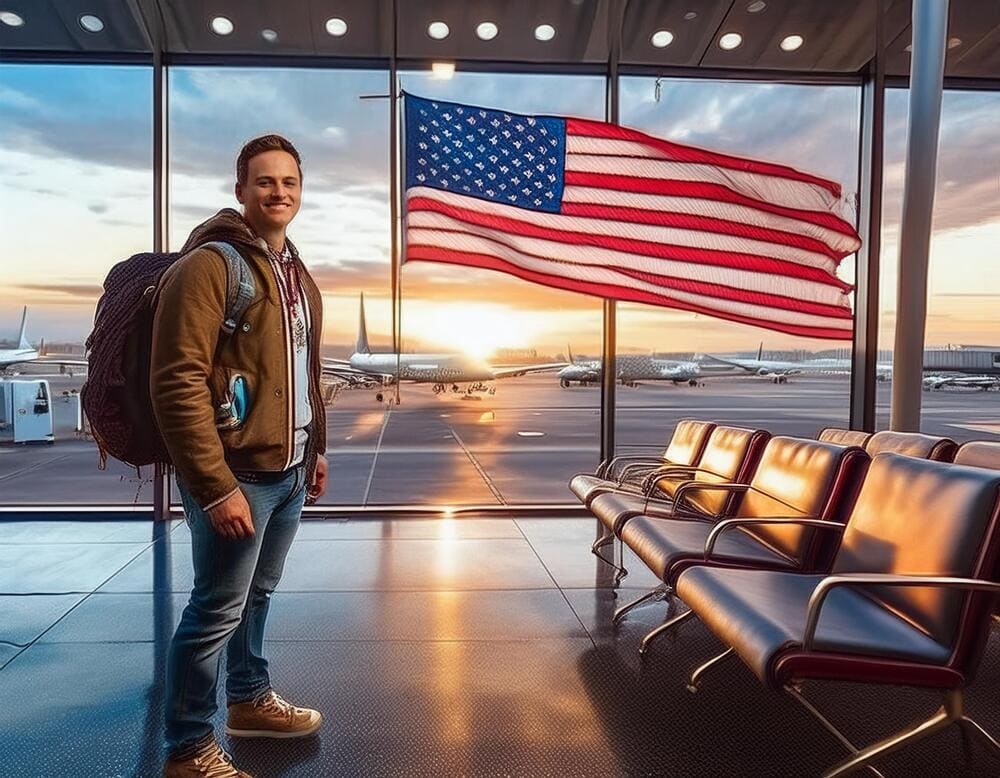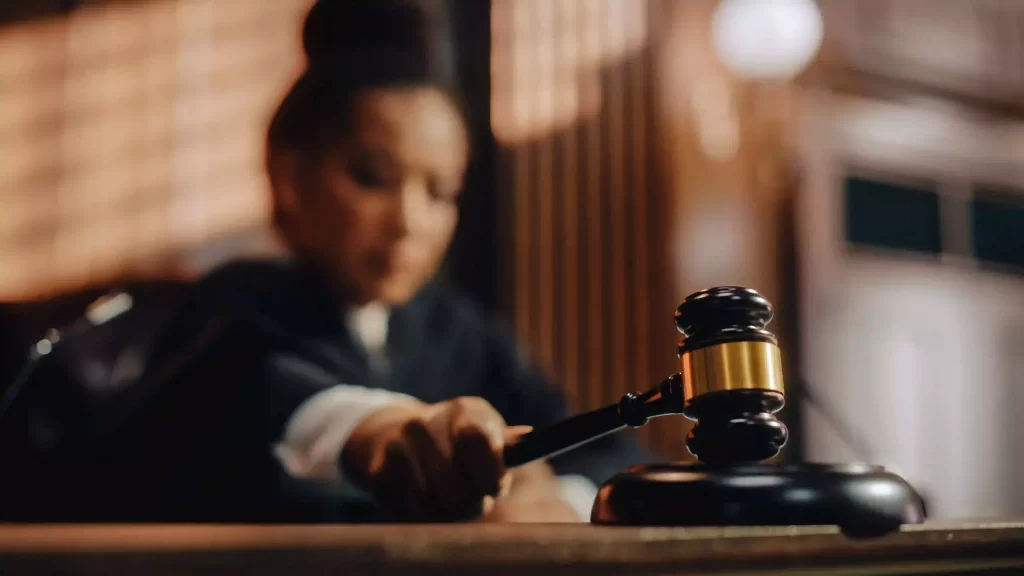Blog
Related Articles

Vawa Visa
Everything you need to know about the VAWA visa and the possibility of leaving the country
Hola mi gente, this is attorney María Mendoza writing to you once again. This time, we’...
 María Mendoza
María Mendoza
Published: September 27, 2024

Vawa Visa
How difficult is it to win a case via VAWA?
VAWA has incredible benefits. It could take you to permanent residence even if you entered the US il...
 María Mendoza
María Mendoza
Published: January 18, 2023

Vawa Visa
What happens during an interview of a VAWA law based case?
How to obtain permanent residence through VAWA? VAWA visa can give the way to regularize migr...
 María Mendoza
María Mendoza
Published: August 16, 2023

Vawa Visa
Does the VAWA Visa affect the abuser? Find out the truth & benefits
Imagine being trapped in an abusive situation and finally having the chance to start over in the Uni...
 María Mendoza
María Mendoza
Published: March 28, 2025

Vawa Visa
How to become a legal immigrant when having crimes on the record?
Recently, our founder, attorney Maria Mendoza, won a case for a client who had committed several cri...
 María Mendoza
María Mendoza
Published: August 11, 2023